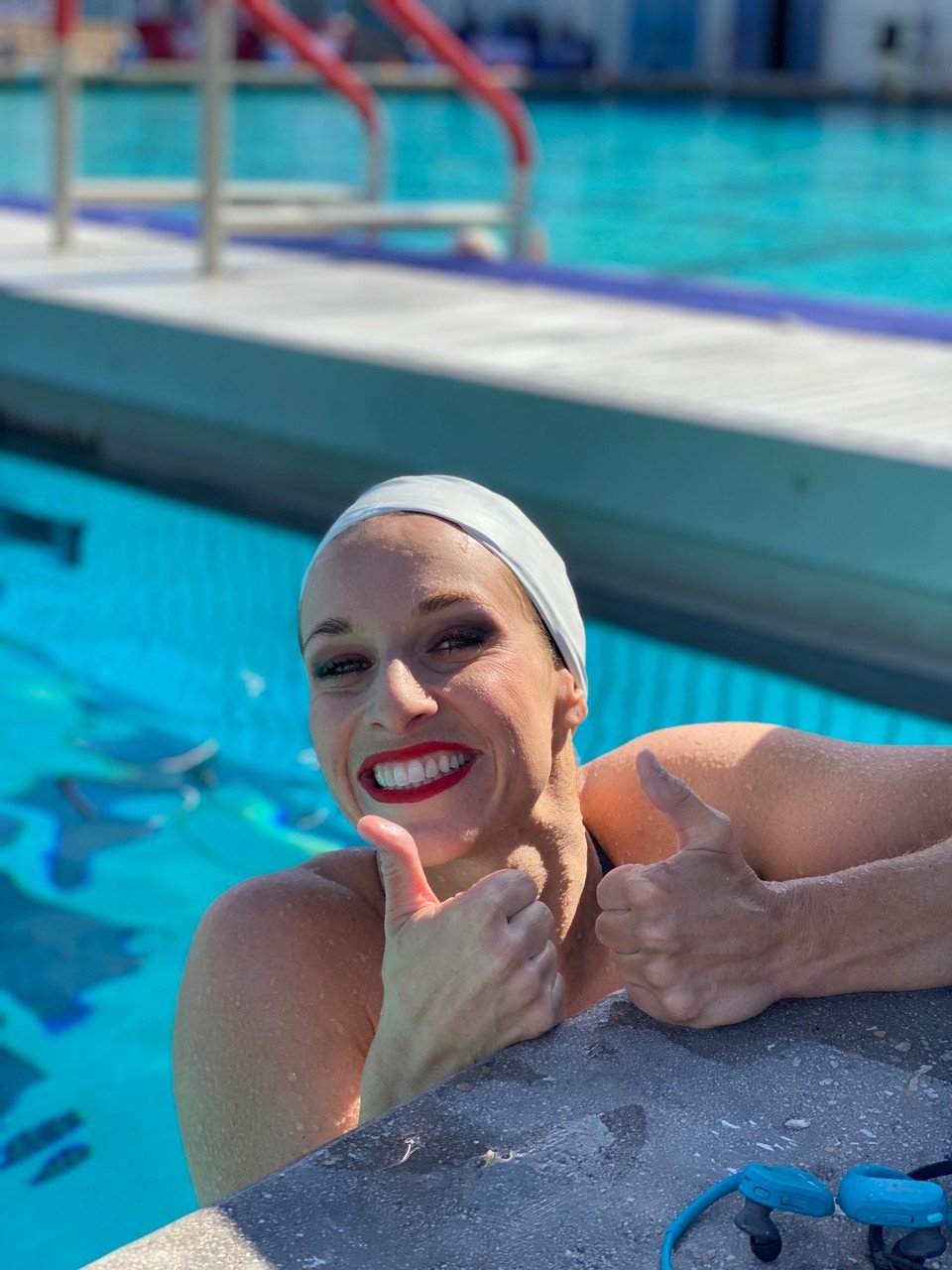Feedback is Your Friend: Making the Most of Constructive Criticism
“When the student is ready, the teacher will appear.”
Alright, athletes, there is no sugar-coating it here. After giving your coaches some tips on how to give you the best possible cues and feedback possible in order to make you the very best, it’s now your turn!
Now that you are properly primed and prepped for your education, it is important to understand this fact: No matter how skilled or talented you are, you will never reach your full potential without the assistance of good coaches. When you look at sports history and the most famous athletes in the world, the best of the best have all had a strong coach right alongside them, supporting them for the majority of their careers.
Football - Bill Belichick and Tom Brady
Hockey – Glen Sather and Wayne Gretzky
Basketball – Phil Jackson and Kobe Bryant
Tennis – David Witt and Venus Williams
Baseball – Joe Torre and Derek Jeter
Swimming – Robert Bowman and Michael Phelps
Now as artistic swimmers, we know, (better than most) what it means to receive corrections! I don’t think anyone would argue with me there. The journey to perfection is endless, and constructive criticism is the trusty map that guides you on your way. If you think that you have the answers and you don’t need someone else working with you, reminding you, or correcting you on something, you are wrong! Because let’s be honest … It is flat out HARD sometimes to figure out where the vertical line is, if your helicopters are flat, and if you are really hitting all of the positions.
When the going gets tough, you’re tired, and you’re starting to receive constructive criticism as just plain criticism, here are some tips on how to accept and use that feedback in a valuable way:
HAVE A COACHABLE ATTITUDE
Even the most seasoned athletes are always open to learning and that’s what makes them great! Assuming you have a well-educated and fair coach, listen to what they say, work on the areas they pinpoint for improvement, and accept their advice with gratitude for helping you grow rather than dwelling on your perceived inadequacy.
ASK FOR HELP
Asking for help requires humility but also allows you to stay in control of the situation and just might produce some pleasantly surprising results. Now, this is a double-edged sword because if you are asking for help you also need to make sure you:
Understand the advice.
Diligently work on it.
Follow up after some work to see if you’ve made progress in this area. It may also be appropriate to ask for a second follow-up and continued progressions to get even better!
Ah, HA! Now we're talkin’, eh?
GO BEYOND
If you really want to grow as an athlete you have to be willing to go beyond just scratching the surface. Instead of just being a student of the craft, commit yourself to develop your skills to the highest degree and becoming an expert. Adding multiple perspectives will go a long way in reaching mastery, not just competence, so put your head down and go beyond!
GO ALL IN—FULL SEND!
If your heart isn’t in it, then you’re not likely to care about feedback and less likely to really commit yourself and go ALL IN. If you are finding yourself in love with your sport, then remember to also fall in love with the process, the journey, and to continually improve and reach new heights. The more you are able to do this, the more likely you are to really get the most out of your athletic experience, in and out of the pool. Commit yourself, show up early, work hard, practice even when you’re not at practice, and immerse yourself in learning and perfecting your craft.
So, when the going gets tough, the corrections feel endless and daunting, and you just feel like your coaches are picking on you … remember …
Feedback is your friend, not your enemy. Never assume you have perfectly mastered any skill in our sport because guess what?!? You haven’t! In a sport that aspires to perfection, there is always room for improvement. Even if you are winning gold medals, you better stay ahead of those listening to their corrections and leveling up each practice for the next time you go head to head.
Implementing these concepts into your training and relationship with feedback will only set you up for more enjoyable practices, a love for the journey, and healthy relationships with your coaches and teammates. The results of your improvement just become the icing on the cake.
Sources:
https://www.competitivedge.com/how-to-use-feedback-to-grow-as-an-athlete/
https://www.sportscasting.com/the-most-successful-coach-athletes-duos-in-sports-history/


